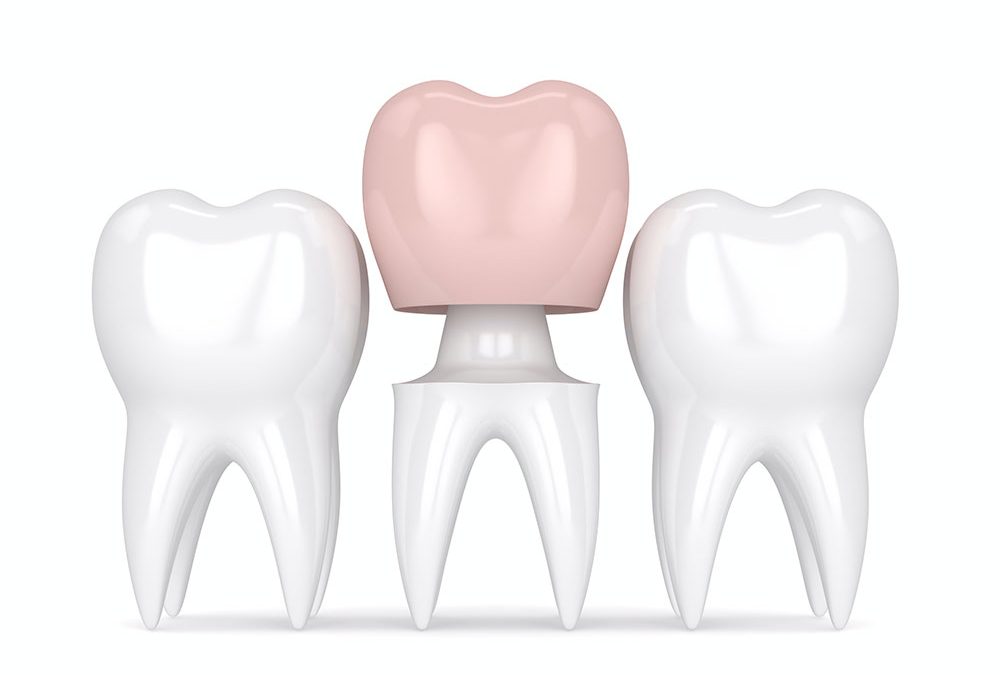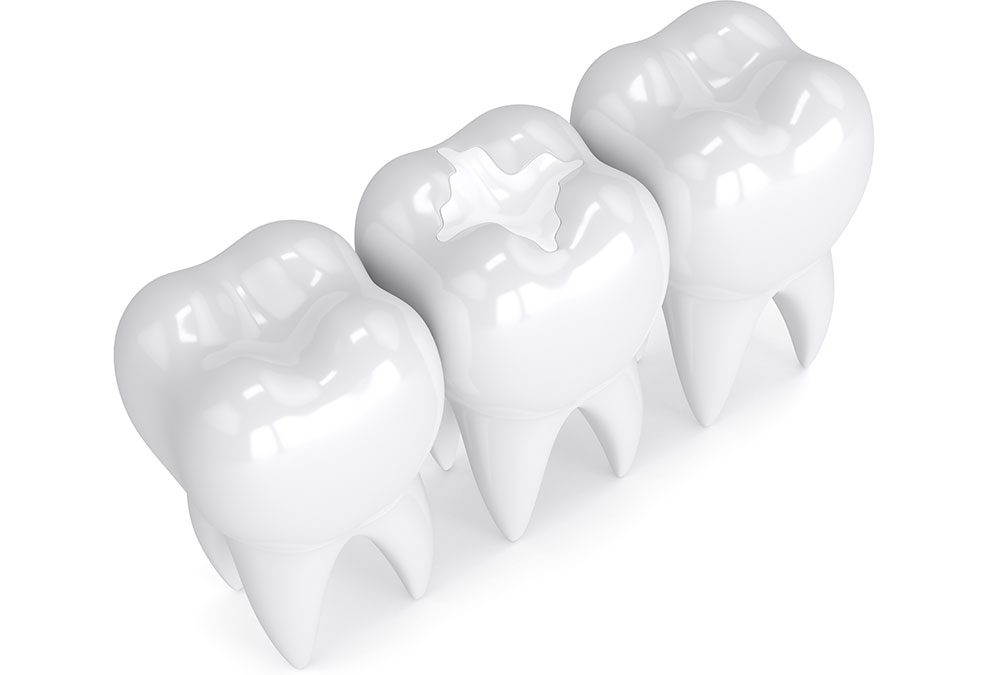
What Is A Dental Abscess? Symptoms and Treatment
A dental abscess is a painful and potentially serious dental condition caused by a bacterial infection. It occurs when a pocket of pus forms within the teeth, gums, or surrounding tissues. Dental abscesses can lead to significant discomfort, and if left untreated, they may result in severe complications. Learn the symptoms associated with dental abscesses and the various treatment options available.
Symptoms of Dental Abscess
- Toothache: The most common symptom of a dental abscess is a persistent and throbbing toothache. The pain may worsen when biting or applying pressure on the affected tooth.
- Swelling: The area around the infected tooth or gum may become swollen, red, and tender to the touch. The swelling can gradually spread to the face, neck, or jaw.
- Sensitivity: Increased sensitivity to hot or cold substances is another sign of a dental abscess. The affected tooth may become more sensitive to temperature changes and certain foods.
- Bad breath and taste: The buildup of pus and bacteria can cause a foul smell in the mouth and an unpleasant taste.
- Fever: In some cases, a dental abscess can lead to a fever, indicating that the infection has spread and requires immediate attention.
Treatment Options
- Drainage of the abscess: The primary goal of treatment is to eliminate the infection and relieve pain. In most cases, the abscess must be drained to remove the pus. Your dentist will make a small incision in the abscess, allowing the pus to drain out. Once the area is cleaned, your dentist may prescribe antibiotics to prevent further infection.
- Root canal therapy: If the dental abscess is caused by an infection in the tooth’s pulp (the innermost layer), root canal treatment may be necessary. During a root canal, your dentist removes the infected pulp, cleans and disinfects the tooth’s interior, and seals it to prevent reinfection. Root canal therapy is often followed by placing a dental crown to protect and restore the tooth’s functionality.
- Tooth extraction: In severe cases where the tooth is extensively damaged or cannot be saved, extraction may be the only viable option. After removing the infected tooth, the dentist may recommend replacing it with a dental implant, bridge, or partial denture to restore oral function and prevent neighbouring teeth from shifting.
- Antibiotics: Besides draining the abscess, dentists may prescribe antibiotics to help eliminate the infection. Antibiotics are typically used when the infection has spread beyond the abscessed area or when there is a risk of further complications.
Prevention
Prevention is always better than cure when it comes to dental abscesses. It is essential to address any dental issues promptly to avoid the development of abscesses. Maintaining good oral hygiene, including regular brushing, flossing, and routine dental check-ups, can help prevent tooth decay and gum disease.
Remember, your dental health is an essential part of your overall well-being. Maintaining good oral hygiene and seeking timely treatment can keep your smile bright and ensure a healthy mouth.
If you experience symptoms of a dental abscess, such as severe toothache, swelling, or persistent bad breath, it is crucial to seek professional dental care immediately. Early detection and treatment can prevent the infection from spreading and causing more significant complications.




